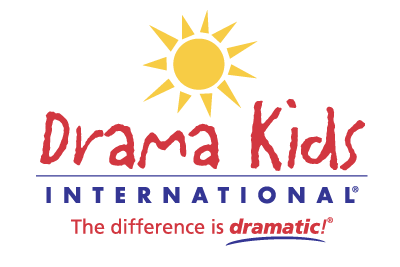More than just a FUN after–school activity.
We have seen how our daughter Alex has grown as a result of her 13 years of experience in theater.
Drama and theatre production have been a large part of her K-12 education and have changed her from a shy, tentative child to a mature, self-confident young woman. Alex is passionate about her drama education, and the changes it has made in her so much so, that we were motivated to see how we could bring her experiences to children and adolescents in Tucson and the surrounding communities. Because Alex gained so much from her drama education we wanted to help other students grow in the same way!
 Alex has developed emotional intelligence and other skills necessary in navigating through life. It was in improve class that she learned to hush her inner critic, and where she learned how to use the discomfort of the unexpected to her advantage. Taking act
Alex has developed emotional intelligence and other skills necessary in navigating through life. It was in improve class that she learned to hush her inner critic, and where she learned how to use the discomfort of the unexpected to her advantage. Taking act
ing risks has taught her to trust the creative process and know that all the answers she will ever need are available to her as long as she is willing to try a few things, let go of some others, and think outside of the box. Acting has allowed her to take risks, learn to laugh at herself, and get over her fear of the sound of her own voice. She has learned how to speak up clearly and to not be shy. Her engagement in theater has given her the confidence to say NO to peers and adults when she really needs to.
Through theater, Alex has learned to see subtle details in human relationships and make connections between seemingly different concepts. And, most importantly, drama has taught her to be present in the moment. Also, the characters she plays often teach her more than she bargains for. T
erms such as apartheid or concentration camp were concepts to be memorized for some test, but not something Alex, who had never been to South Africa or Auschwitz, could really understand emotionally. It was her role as the narrator in The Border Town and as Mrs. Katzberg in The Rubber Room, that forced her to begin to understand the emotional depth of segregation, hatred, and hope.
These are the “feel-good” examples of why drama education is important for personal growth. However, we also know the times are quickly changing. We are leaving what has become known as the Information Age, an era when so many jobs have required sequential and analytical “left-brain” skills. Those skills, while necessary, are in our opinion, far from sufficient.
When so many jobs are being shipped overseas or can be performed by computers, there is new value in jobs that cannot be done cheaper abroad and abilities that cannot be mimicked by a machine. No computer can work as a counselor, a teacher, or a nurse. These jobs require creativity and emotional intelligence, the same skills we aim to cultivate in Drama Kids. Yes, we know that drama education alone will not turn your children into well-adjusted leaders of their generation, but we do know that the skills they gain with us are skills they will use every day in their lives.

